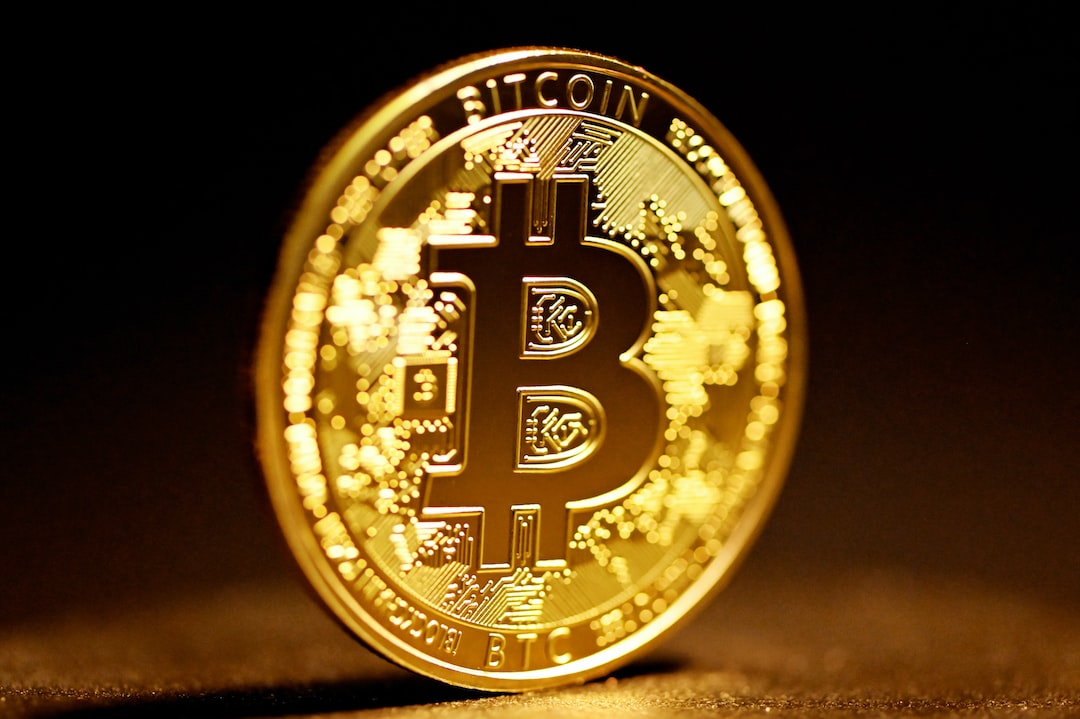The Biden Administration Calls for Updates to Sanctions Authority
The Biden administration is urging Congress to consider significant updates to the Treasury’s sanctions authority. The goal is to better regulate the use of digital assets for financial transactions in regions affected by terrorism. U.S. foreign trade representative Wally Adeyemo argues for the introduction of a “secondary sanctions regime” that would target companies or individuals doing business with sanctioned entities. The Treasury has provided Congress with recommendations to expand authorities and resources in order to combat illicit actors in the digital asset space.
Increased Oversight of Cryptocurrency Industry
In recent months, U.S. authorities have increased their oversight of the cryptocurrency industry and are pushing for stronger measures against the use of cryptocurrencies by terrorists. Senators Cynthia Lummis and French Hill have called on the Justice Department to investigate whether Binance and Tether have provided material assistance to support terrorism. Senator Elizabeth Warren and other senators have also expressed concerns about cryptocurrencies being used to raise funds for illegal activities.
Questioning the Data on Cryptocurrency Financing Terrorism
Chainalysis, an analytics firm, has questioned the accuracy of reports on cryptocurrency financing terrorism. They argue that the figures may be exaggerated and estimate that only $450,000 out of the previously reported $82 million can be clearly linked to funding terrorist activities.
Hot Take: Stricter Regulations Needed to Combat Terrorism Financing
The Biden administration’s call for updates to sanctions authority reflects a growing concern about the use of cryptocurrencies for illicit purposes. While there are debates about the extent of cryptocurrency financing terrorism, it is clear that stricter regulations are needed to prevent such activities. By expanding authorities and resources, the U.S. aims to target illicit actors in the digital asset space and ensure that companies and individuals engaged in financial transactions with sanctioned entities face consequences. This move is part of a broader effort to enhance national security and disrupt the financing of terrorism.





 By
By
 By
By
 By
By
 By
By
 By
By